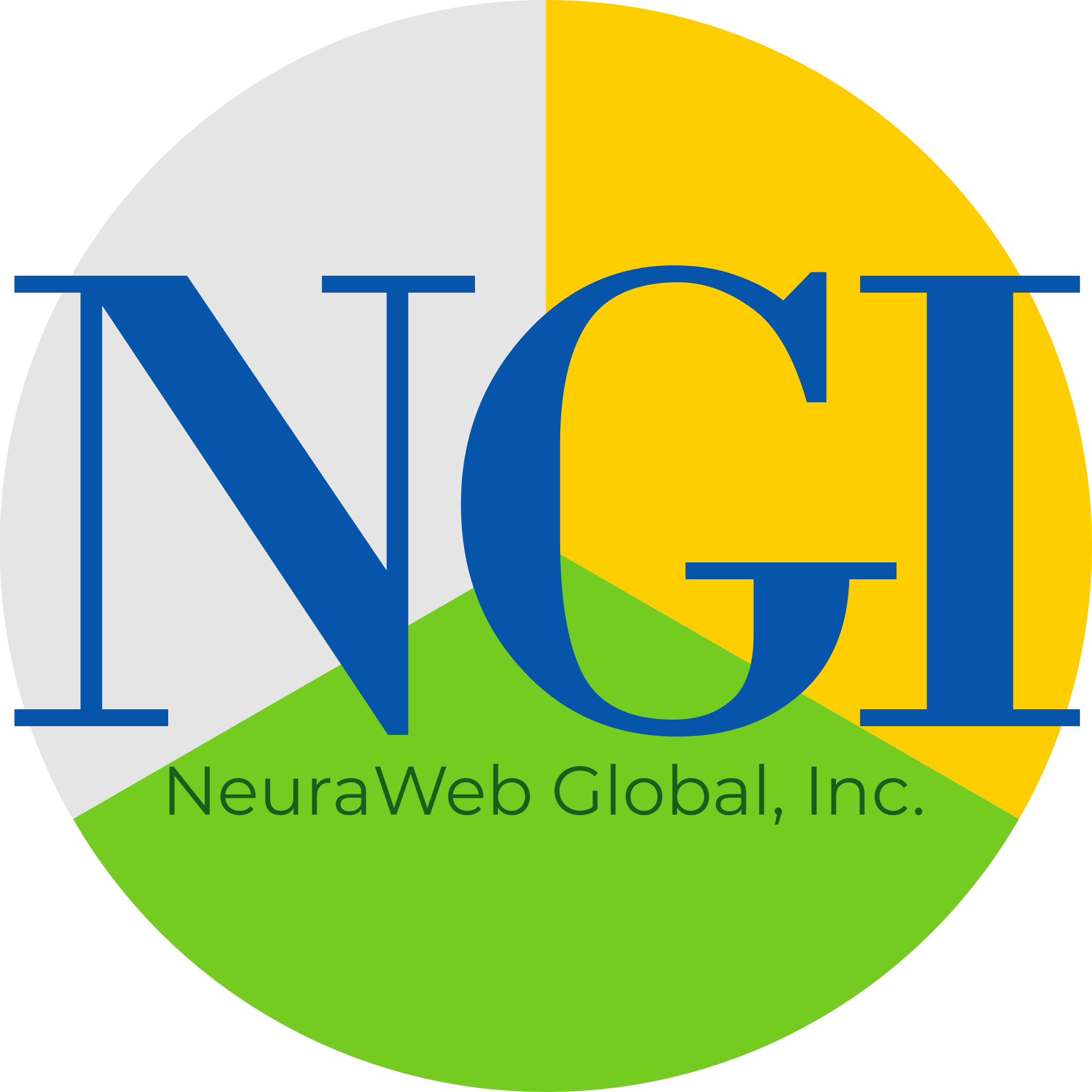How NeuraWeb Could Address Challenges in Full-Stack Openness and Verifiability
The importance of full-stack openness and verifiability
https://vitalik.eth.limo/general/2025/09/24/openness_and_verifiability.html
NeuraWeb is a decentralized ecosystem featuring low-power DePIN units (known as Security Appliances), blockchain-based storage, AI guardians, and sustainable energy sources. It strongly aligns with the article’s focus on openness (through open-source code and free licensing) and verifiability (allowing end-users to inspect and confirm systems). By design, NeuraWeb tackles key problems like power imbalances, loss of trust, centralization risks, and data insecurity across health, digital technology, and civic systems. Below, I break it down by area, showing how it promotes openness and verifiability across the full stack—software, hardware, and even biotech.
Overcoming Challenges in Health and Biotech
The article highlights how proprietary systems in health create monopolies, hacking risks, and unequal access, as seen with COVID vaccines and wearable devices. NeuraWeb counters this with its immutable blockchain and zero-knowledge proofs, which keep data encrypted, verifiable, and fully under user control. Anyone can inspect the system without accessing private information.
- Integration with Bio-Sensors: DePIN units can connect to open-source sensors for monitoring air quality (AQI) or detecting diseases. These are secured by tamper-proof hardware cores, making them easy to verify.
- User Empowerment: Individuals can check the code and hardware of their Personal Security Assistant (SA), reducing risks like blackmail or data leaks.
- Pandemic Response: Through mesh networks, NeuraWeb enables real-time, privacy-protected data sharing. Communities can verify the process, building trust and addressing the opacity that fueled mistrust during COVID.
This approach democratizes health tracking, ensuring equitable access and verifiable safety.
Addressing Issues in Personal and Commercial Digital Tech
Closed hardware and software often lead to vulnerabilities, such as side-channel attacks or hidden backdoors, as noted in the article. NeuraWeb uses a hybrid model with open-source firmware, quantum-resistant encryption, and AI-powered updates, letting users verify the entire stack through tools like physical unclonable function (PUF) signatures or community audits.
- Modular Hardware: DePIN appliances are made from standard, off-the-shelf parts, allowing users to disassemble and inspect them—much like the article’s vision for verifiable chips.
- Decentralized Finance and Governance: It avoids “weaponized interdependence” by handling assets (similar to ERC20 tokens) on-chain, with social recovery wallets for lost access.
- Affordability: Tokenomics lowers costs, making secure, verifiable tech available to everyone, not just the elite.
This shifts power from centralized entities to users, enhancing security and resilience.
Solving Problems in Digital Civic Tech
The article expresses skepticism about electronic voting and surveillance due to “black box” systems that lack transparency. NeuraWeb’s core oversight system manages the ecosystem without invading privacy, using blockchain proofs for verification.
- Fostering Innovation: Open tools let local groups customize governance features, like quadratic voting, on verifiable platforms.
- Verifiable Public Monitoring: Sensors for drones or environmental tracking act as “digital guard dogs”—open-source, randomly auditable, and designed to output only essential data while deleting the rest.
- Reducing Dependencies: Mesh-based DePIN networks eliminate reliance on central ISPs, enabling secure civic participation without single points of failure.
This promotes inclusive, trustworthy systems that encourage experimentation and community oversight.
Why NeuraWeb Succeeds Overall
NeuraWeb embeds openness and verifiability into every layer, turning potential “dystopian” outcomes into resilient, user-driven solutions. It replaces blind trust in corporations with community-verified systems, echoing the article’s “retro-futurism” ideal—where people act as both users and creators. In a growing $3.5 trillion DePIN market, this empowers individuals, boosts sovereignty, and ensures technology serves everyone equitably.
The importance of full-stack openness and verifiability
https://vitalik.eth.limo/general/2025/09/24/openness_and_verifiability.html
